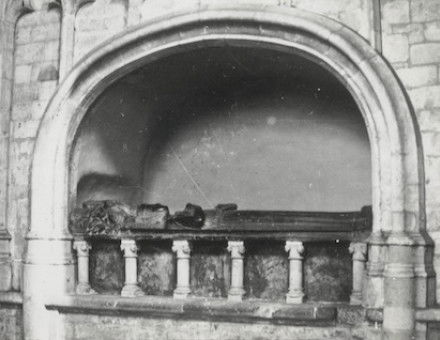The Personality of Pio Nono
E.E.Y. Hales profiles Pope Pius IX (1846-78), who saw the end of the Papacy as a temporal power as the opening of a new era in its world-relationships.
The neglect of Pio Nono in England since his death in 1878 contrasts vividly with the excitement that he caused here during his lifetime. From his early optimistic days, when Jowett was describing him as “a capital fellow,” until the stormy last years of the controversy over Papal Infallibility, he commanded attention in England as no other Pope has done since the Reformation. For the most part, it was unwelcome attention; he was burnt in effigy in the demonstrations against the restored Catholic hierarchy in 1850, abused by the worshippers of Garibaldi and Mazzini, and indignantly criticized for the Syllabus of Errors and his share in the work of the Vatican Council. But it was certainly attention. No one could ignore Pio Nono, even in England. From his accession in 1846 to his death in 1878—the longest reign in Papal history—he was the centre of dispute.





